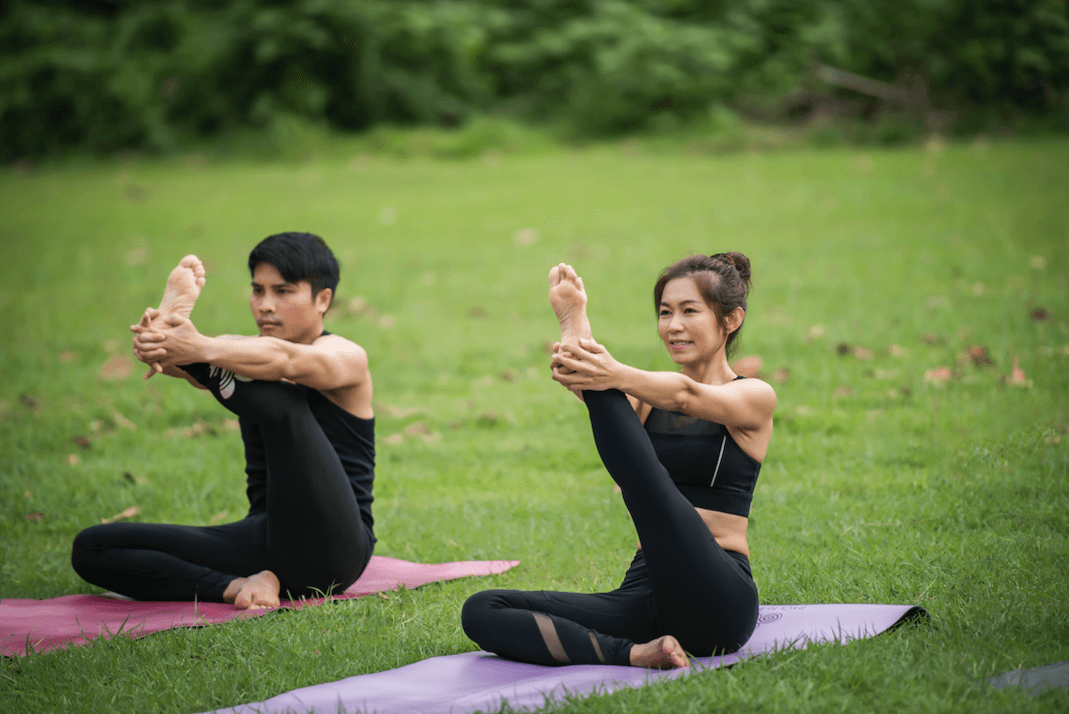Yoga has become one of the most popular forms of exercise in the world, and for good reason. Not only does yoga improve physical flexibility, it also has a number of mental health benefits. Here are some of the key benefits of yoga for flexibility and mental health:
1. Increase flexibility
Yoga is widely known for its ability to increase flexibility. Some of the key benefits of increasing flexibility through yoga include:
- Reduce hardness: Yoga helps relax muscles and relieve tension, making daily movements easier.
- Increasing range of motion: Yoga practice can increase the range of motion of your joints, which is important for overall health.
- Reduce the risk of injury: Improved flexibility can help reduce your risk of injury by increasing the flexibility of your muscles and connective tissues.
2. Strengthen muscles and joints
Yoga not only improves flexibility, but also strengthens muscles and joints. Some yoga poses target different muscle groups, which helps increase strength and stability in the body.
3. Improve posture
Regular yoga practice can help improve posture by strengthening your core and back muscles. Good posture is important for avoiding back and neck pain, as well as improving your appearance and self-confidence.
4. Improve mental health
Yoga has many benefits for mental health, including:
- Reduce stress: Yoga teaches effective breathing and relaxation techniques to reduce stress and anxiety.
- Improve focus and concentration: Yoga practices that require attention to breathing and movement help improve concentration and focus.
- Improve sleep quality: Yoga can help regulate the nervous system and improve sleep quality through relaxation techniques.
5. Reduce depression and anxiety
Several studies have shown that yoga can help reduce symptoms of depression and anxiety by increasing the production of feel-good hormones like serotonin and decreasing levels of stress hormones like cortisol.
6. Improve emotional well-being
Yoga improves emotional well-being by promoting a sense of calm and inner peace. Regular yoga practice can help you feel more emotionally balanced and better able to cope with the challenges of everyday life.
7. Teaching mindfulness
Yoga teaches mindfulness, which is being fully aware of the present moment without judgment. Being mindful allows you to be more engaged in your daily activities and increases your ability to respond to situations calmly and wisely.
Tips for Getting Started with Yoga
- Start with a beginner class: If you are just starting out, choose a beginner yoga class or an instructor who can teach you basic poses safely.
- Use the right equipment: A yoga mat and comfortable clothing that supports free movement will make your yoga experience more enjoyable.
- Practice regularly: For maximum benefit, practice yoga regularly, starting with short sessions and increasing the duration over time.
- Focus on breathing: Breathing is the essence of yoga. Focus on deep, steady breathing to enhance the effectiveness of the practice and calm the mind.
- Don’t force your body: Listen to your body and avoid forcing yourself into poses that are uncomfortable or painful. Yoga is all about finding the balance between challenge and comfort.
Incorporating yoga into your daily routine can provide you with flexibility and mental health benefits. A regular yoga practice can help you live a more balanced, healthy, and happier life.
















